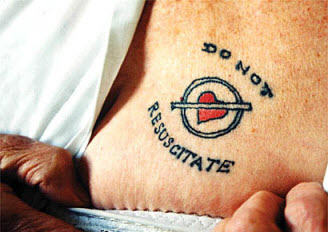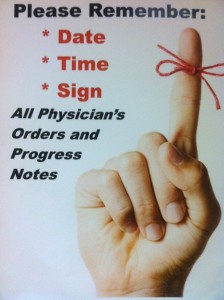
I’m Talkin’ About My Generation.
**Update: Treasury has just issued its reports on Medicare and Social Security, the results making this article more timely and relevant than I had intended. Together SS and Medicare make up 36% of federal spending. The Social Security trust fund is predicted to run dry in 2033, while the Medicare hospital trust fund (for inpatient services) is slated for extinction in 2024. Link to the report here.
Over the past few months i have struggled with how to portray the recent changes coming down the pike for medicare, what with ACO’s, and impending cuts due to mounting deficits and the ever increasing costs of medical care. What viewpoint, I wondered, should this blog take on these issues?
Should I take the role of the traditional physician-blogger, and share the viewpoint of the myriad other physicians around me who live with uncertainty about how to run their practices in the current fiscally deprived environment? Should I write about the constant worry about whether congress will extend the recurrent doc-fix or let the draconian cuts in reimbursements go through? Will I write about whether there will come a time when it will no longer be feasible to accept Medicare or Medicaid?
Continue reading “Healthcare Armageddon 6: Medicare and Generation X”






 my place of employment is a Christian hospital, with Christian values, and a Christian ‘vision’ of health care. I don’t have the vaguest clue as to what that means. And I don’t really mind either, it’s not like they’re paying me with Jesus biscuits and Christmas ornaments, nor does it seem to impact the day-to-day routine of how I take care of patients.
my place of employment is a Christian hospital, with Christian values, and a Christian ‘vision’ of health care. I don’t have the vaguest clue as to what that means. And I don’t really mind either, it’s not like they’re paying me with Jesus biscuits and Christmas ornaments, nor does it seem to impact the day-to-day routine of how I take care of patients.
 TO KEEP SMOKING!
TO KEEP SMOKING!
